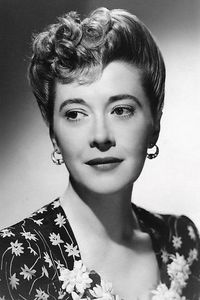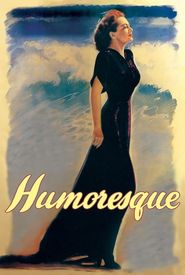Ruth Nelson's most remarkable accomplishment was her pioneering role as one of the original co-founders of the prestigious Group Theatre in New York City during the 1930s, a significant milestone in the history of American theater.
Her groundbreaking performance as the cabby's wife in Clifford Odets' acclaimed short play "Waiting for Lefty" in 1935 not only marked the beginning of her professional acting career but also cemented her reputation as a talented actress capable of bringing depth and nuance to the portrayal of working-class characters.
Nelson's distinctive acting style, characterized by her understated yet powerful delivery, would go on to define her as a master of subtle, yet impactful, performances, earning her the admiration of audiences and critics alike.
Throughout her career, Nelson's dedication to her craft and her commitment to portraying the complexities of working-class women would serve as a lasting testament to her talent and artistry, leaving a lasting impact on the world of theater and beyond.
Nelson's cinematic journey commenced in the 1940s, a pivotal era that would lay the foundation for her illustrious acting career. During this formative period, she brought a sense of restrained realism to her roles in a diverse range of films, including but not limited to The North Star, a 1943 cinematic masterpiece that showcased her versatility as an actress.
In the subsequent years, Nelson continued to hone her craft, delivering standout performances in films such as A Tree Grows in Brooklyn, a 1945 classic that remains a beloved favorite among audiences to this day. Her portrayal of complex characters in films like Humoresque, released in 1946, and The Sea of Grass, a 1947 production that explored the human condition, further solidified her reputation as a talented and dedicated thespian.
In addition to these notable films, Nelson's early career also included memorable appearances in Mother Wore Tights, a 1947 comedy-drama that showcased her impressive range as an actress. Throughout this period, Nelson's dedication to her craft and her ability to bring depth and nuance to her characters earned her a reputation as a talented and versatile actress, setting the stage for a long and illustrious career in the world of cinema.
The life of a talented actress, whose second marriage to renowned director John Cromwell was tragically marred by the paranoia of the Red Scare era, as he was unfairly accused of being a Communist and suffered the consequences. This tumultuous period in her life was further complicated by her own career aspirations, as she was offered a pivotal role in the esteemed play "Death of a Salesman", which would have undoubtedly catapulted her to new heights of success, but ultimately, her devotion to her husband and his struggles in Los Angeles, where they resided, took precedence, and she made the difficult decision to decline the role, choosing instead to stand by his side and provide the support he so desperately needed.
For the next three decades, she was compelled to depart from the film industry, with the majority of her professional endeavors during this prolonged period being confined to the stage. A particularly notable production from this era was the 1966 theatrical staging of "The Skin of Our Teeth", a remarkable achievement that showcased her talents as a performer.
It wasn't until renowned film director Robert Altman, a master of his craft, coaxed her back into the cinematic spotlight in 1977 that she made her return to the big screen, featuring prominently in the critically acclaimed 1977 film "3 Women" and the equally impressive 1978 film "A Wedding".
Notably, her last significant cinematic endeavour was her portrayal of the mother of the esteemed actor Robert De Niro in the highly acclaimed 1990 film "Awakenings", a role that showcased her impressive range and versatility as a thespian.
Nelson's life was cut short in 1992, as he succumbed to the relentless and merciless grasp of cancer, leaving behind a legacy that would forever be remembered and cherished.







































